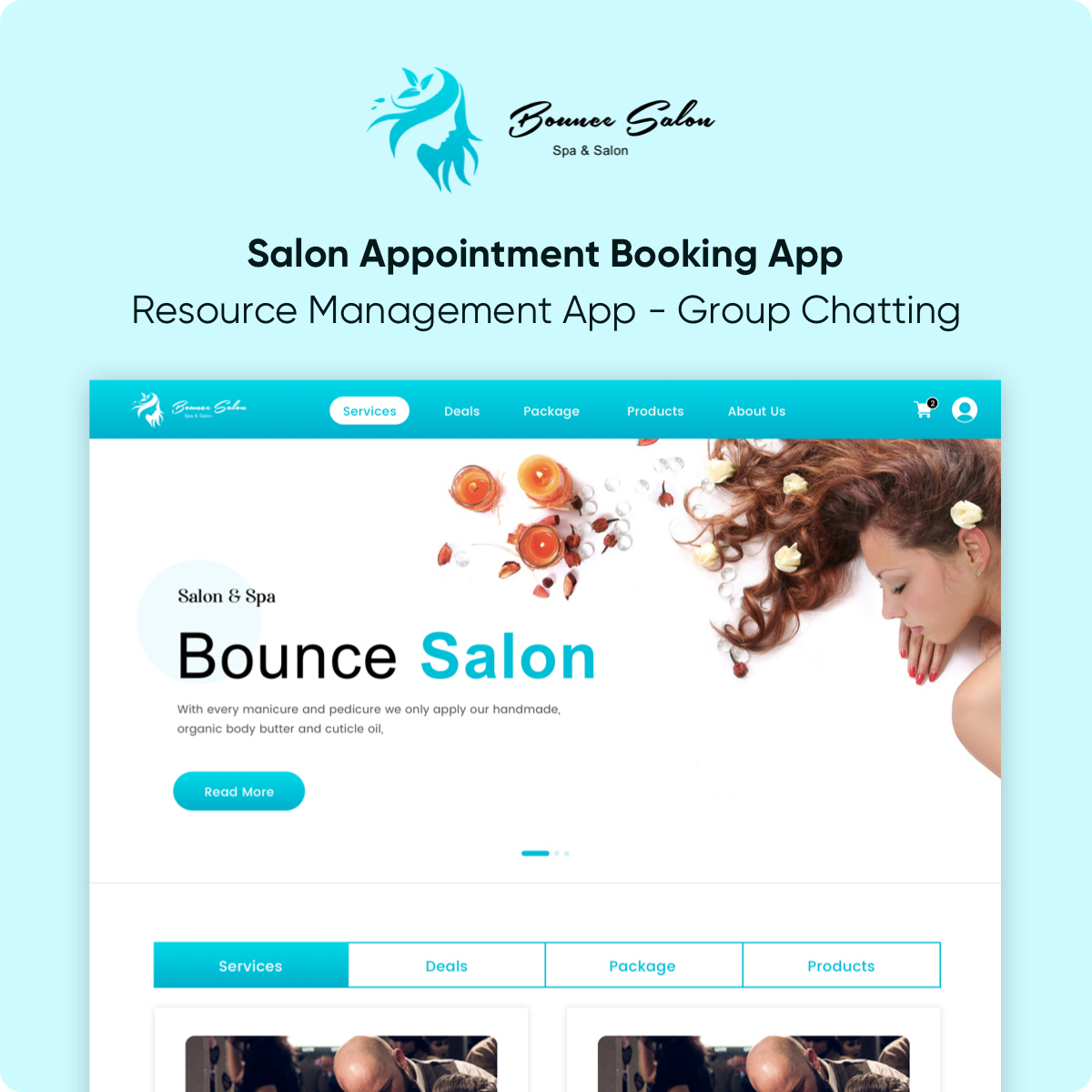Operating an internet company requires a unique set of skills. Though the fundamentals are similar to running a conventional brick-and-mortar company, there are amazing benefits and drawbacks. Therefore, it’s critical to know when to use the former and manage the latter if you want success.
According to one estimate, approximately 110,000 e-commerce and internet businesses are producing significant income on the Internet. Retail e-commerce revenues in the United States are projected to surpass $461 billion this year, rising to $638 billion by 2022.
These figures are easy to overlook due to their sheer magnitude. Moreover, it’s challenging to keep track of context when values deviate from your standard reference frame. For example, you may be aware that e-commerce plays a significant part in world trade, but you may not know what it can do for you on a local level.
As a businessman, the reality that e-commerce remains to expand should convince you that an online company is viable. Hundreds and thousands of CEOs across the globe are using it, and there are excellent reasons for that. However, it's worth noting that 90% of all Internet companies start to fail during the first four months.
To put it differently, there's a vast difference between success and failure. Though many businesses succeed, nine out of the ten businesses fail before they ever get off the ground.
You must be a realist if you want your company to succeed online. You must be aware of the benefits you have as well as the problems and roadblocks that may prevent you from moving forward.
You don't need to blow a hole in your wallet to purchase a beautiful shop with an extravagant front and in a high-end location to draw premium customers if you're running an internet company. It removes the requirement for a physical shop since all sales and purchases are handled via your website. Designing a website is far more expensive than opening a physical shop, saving you money in the long run.
You will have the edge over your competitors and the opportunity to provide lower-cost goods to your consumers. Many companies also attempt to increase their profitability, although this isn't always a brilliant idea. Instead, you might strike a balance between preserving profit margins and passing on the advantages to your consumers in the form of further discounts.
Although a traditional retail shopkeeper must hire a large number of salespeople, many internet companies operate automatically. Buying products online, for instance, does not need the use of a cashier: the customer just inputs the card information, and the product is paid in seconds.
The web is a fantastic tool for boosting your company's exposure. This is because the internet bypasses physical boundaries, allowing your goods and services to reach a worldwide audience. This may result in more sales since your company's offer reaches new customers who would otherwise be out of reach, particularly if you're a small businessman.
The quantity of information you can get from internet customers is astounding. And, if recent advancements in consumer intel and data science technologies are any sign of what's to come, internet company owners should expect even more possibilities in the future.
When a consumer enters a shop, he must purchase the offered choices. To meet the requirements of their consumers, companies must also have a large stock of various types of goods. Even yet, there are times when the end product is unavailable, forcing the customer to settle for a replacement or go to another shop.
Both situations are unfavorable to any company. You do not need to have stock in an online company. You may take customer orders and then organize the necessary materials to complete them. This lowers your investment costs, minimizes waste due to inadequate storage, and improves client happiness.
On the internet, it's not easy to figure out who is on the other end. Even though eCommerce is growing, the majority of purchases remain confined to trustworthy companies. As a result, if you put your company online, it may be tough to establish trust. This isn't an issue with offline companies since consumers can see what they're paying and whom they’re paying, which backs their purchase decision.
Even though a significant number of goods may be bought online without certainty, there are certain items, such as clothes, shoes, furnishings, and technological devices, that customers enjoy or try before buying a particular choice.
“Trying before purchasing” is not an option in the internet retail industry. Online merchants have attempted to adjust for this by enabling users to provide product reviews and showing pictures and videos of goods in use. However, there are still certain items that consumers cannot purchase or access with absolute trust.
Customers are frequently using social media to express their issues and opinions about a company. Unfortunately, customers are more willing to complain about a business than to praise it, which may harm a company's image. Many instances of concerns have become ‘viral,' forcing companies to alter their tactics or change their goods, culminating in revenue loss.
Unlike physical firms, which may only have one or two competitors in their immediate vicinity, internet businesses have hundreds or thousands of competitors all over the globe. With this degree of saturation, gaining any market share may be challenging.
Because internet companies do not provide direct or face-to-face communication, customer service may be complex. However, eCommerce behemoths like Amazon have built a reputation for superior customer service by spending roughly 100 times more on promotion.
Customers who prefer a simple handshake or guided buying via a sales professional do not favor internet shopping. Even if we take Amazon's quality customer support into account, it's essential to remember that the majority of companies lack the resources and skills to offer prompt assistance.
The internet is a valuable resource for both companies and individuals. However, treat it with caution and in line with your company's requirements and model to enhance the benefits, and minimize the drawbacks.


 Browse Our Services
Browse Our Services
